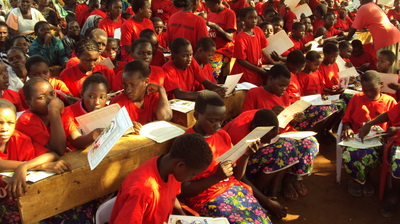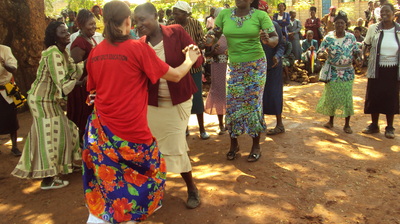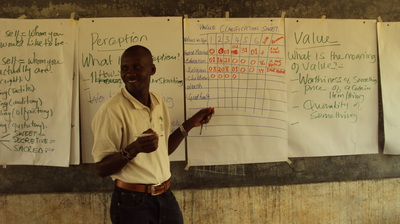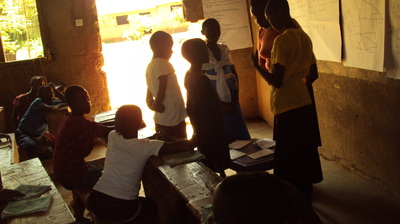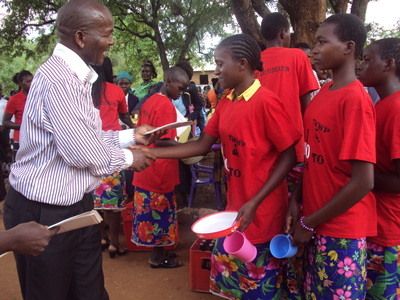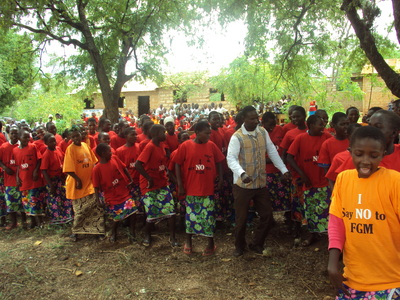Who We Are
Formulated in 1996, the Tharaka Women's Welfare Program (TWWP) in Kenya, is a community based organization that reaches out to rural villages to advocate, educate and mobilize the community by raising awareness of the harmful effects of FGM. TWWP’s greatest success has been in establishing an Alternative Rite of Passage (ARP). The ARP is a weeklong event where adolescent and teenage girls throughout Tharaka Nithi County gather to learn about relationships, sexuality, development, and human rights. Founder, Aniceta Kiriga is providing amazing opportunities to girls from all over Tharaka Nithi County. She reaches over 200 girls each year, educating them on the risks of FGM. The program reaches out girls between ages of 10 and 16, educating them on women's health and sexual health education. As an incentive for the girls and their families, the TWWP offers education scholarships along with supplies for feminine hygiene.
Alternative Rites of Passage (ARP)
- FGM has been in illegal in Kenya since 2001, but still the harmful tradition persists. Many interventions were not working effectively as they were unable to understand FGM within its cultural context and came off as forceful and even imperialistic at times. ARP is a different strategy in combating the practice of FGM; it takes FGM as the model, keeping its cultural traditions, but substitutes the actual cut for a different traditional cut of a celebratory cake!
- At the basis of FGM is the transformation of a girl into a woman within her community. It is not a one time action, but a process involving a variety of community members including, parents, sponsors, teachers, friends and the community at large whom all celebrate and usher a girl into her new place in society. Through discussing with the girls, we found that there were many aspects to this tradition that the girls enjoyed; they wanted the gifts, the good food, to be celebrated and accepted as members of their community. ARP has included all of these desired aspects into its model while omitting the undesired physical and social effects that come from the painful procedure of the cut itself.
- At the basis of it all, what the girls wanted most was to open their opportunity to education. As such, formal education from having team teachers and peer educators provide information on reproductive health, self-worth, decision-making, communication and social/community development has become a main focus of FGM.
- Additionally, the eradication of FGM has allowed girls more opportunity to further their regular schooling in general and TWWP works hard within the community and with donors worldwide in helping to raise funds for scholarships in order that all girls who participate in ARP and wish to continue with their education have the opportunity to reach their fullest potential.
